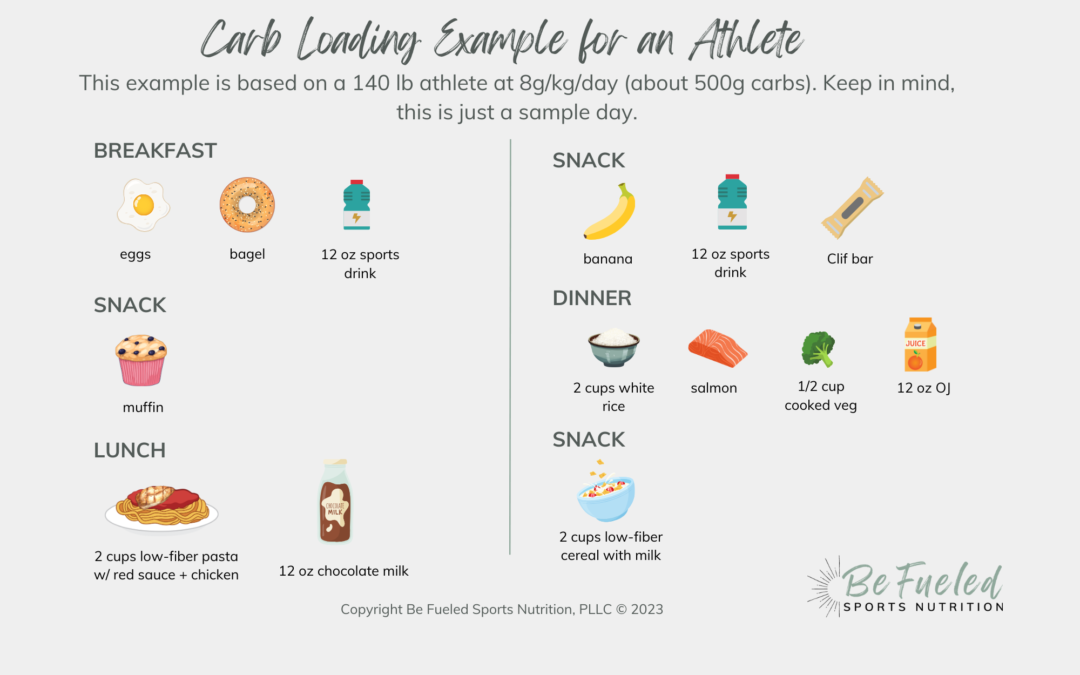Have you ever wondered whether or not you should take a supplement as an athlete?
As an active person, it’s tough to know when you should or shouldn’t consider supplementation in your nutrition routine. There is a wealth of information out there that is confusing, conflicting, and is targeted towards making you think you need that new supplement to feel and perform at your best. Sometimes, supplementation is appropriate for certain active people, so we wanted to break it down to help you make an informed decision for yourself!
First, when trying to decide if a supplement is appropriate for you, ask yourself these questions:
1. Are you eating a well balanced diet?
If your diet doesn’t include a variety of foods including grains, vegetables, fruits, protein and fats, you might be missing many of the nutrients your body needs. In this case, you should try to work on improving the quality of your nutrition before considering adding in supplements. A well balanced diet is the foundation for good health, so focusing on your whole food based nutrition first is a great starting block. Supplements can be helpful In situations where a nutrient deficiency is found or a Dietitian has identified that based on your dietary intake, a supplement could help support you.
It’s important to note that many vitamins and minerals work together to support various processes in your body, so overloading in certain areas when you may not need to could do the opposite of what you are hoping for. Additionally, some vitamins are more easily stored within your body, so taking these types of supplements when you don’t need to could lead to issues.
2. Is the supplement you’re considering legal?
If your diet is well balanced and sound, and you start looking into supplementation, take into consideration the legality of the supplement. If you are a competitive athlete, you should check to make sure that anything you are considering taking meets the standards of your sport’s governing body.
If you are an NCAA or professional athlete, your sports medicine staff of Certified Athletic Trainer can also help you to determine if your supplement is not legal for you to use with Drug Free Sport. Some supplements can cause you to fail an official or institutional drug test, so if you have any doubt, it’s best to run it through an online database prior to consuming. No supplement is worth risking your eligibility. Check out NCAA.org or WADA-AMA.org to make sure your chosen supplement gets the green light, otherwise, don’t take it!
3. Is it 3rd party tested?
We love looking for 3rd party certifications on any nutritional supplement that we or our athletes consider taking! It’s a great way to be informed about the safety of the substances in your supplement. Looking for the NSF Certified or Informed Choice logos on the label is a quick way to make sure that your supplement has been tested beyond manufacturing standards.
Supplements are not FDA regulated, and can contain many ingredients that are not only illegal for your sports, but potentially dangerous. 3rd party testing is a way to feel confident that the ingredients in your supplement have been verified by someone other than the manufacturer for safety and efficacy. If your supplement has not been 3rd party tested, you are risking your health and your sports career!
4. Is it effective?
Ok, this might seem obvious, but is there real evidence that the product does what it claims to do?! Supplements are a booming business, and quite honestly, just about anyone on the internet can sell you anything, so it’s always a good idea to check with a credible source, such as a sports dietitian, before spending your money on a supplement! Just because your high school friend with abs hits you up out of the blue with that “Hey girl…” (or guy!) DM on Instagram claiming their nutrition product is life changing doesn’t mean that it works, and buying supplements that can’t support their claims with evidence is a bummer way to waste money.
5. Is it necessary?
Is there a specific goal for why you want to take this product? Many times, the reasons for considering supplementation are related to wishing to gain more of a specific type of nutrient, any often, nutrient deficiency or manipulating nutrients for training goals can be done using dietary changes alone. However, if you have a specific need that can’t be corrected with dietary changes, working with a sports dietitian to determine appropriate dosage and timing can be helpful in approaching supplementation in a smart and structured way. You shouldn’t take supplements without a specific goal, and frequently, there are ways to correct many nutrition-related opportunities without a supplement.
We understand that supplementation is an area in sports nutrition where there can be a lot of noise! Hopefully, these tips will help you to make a safe choice when you consider supplementation.






